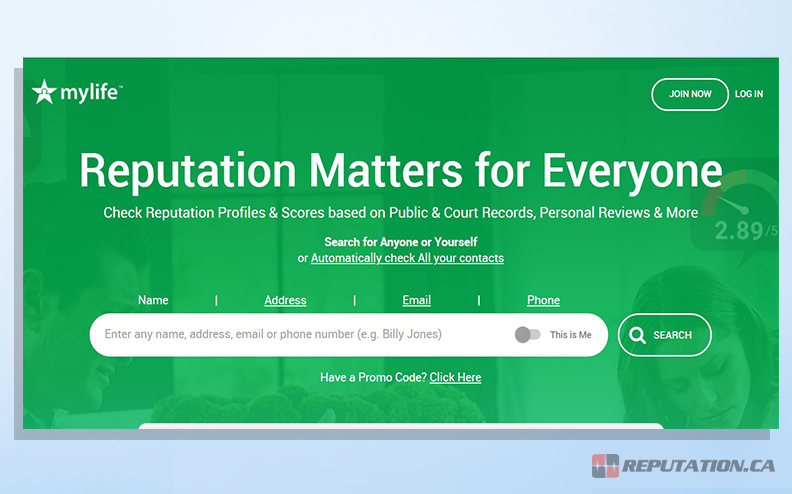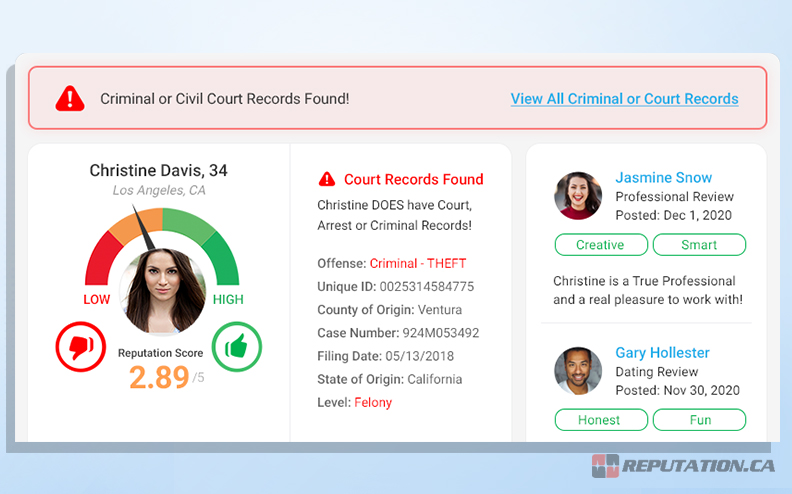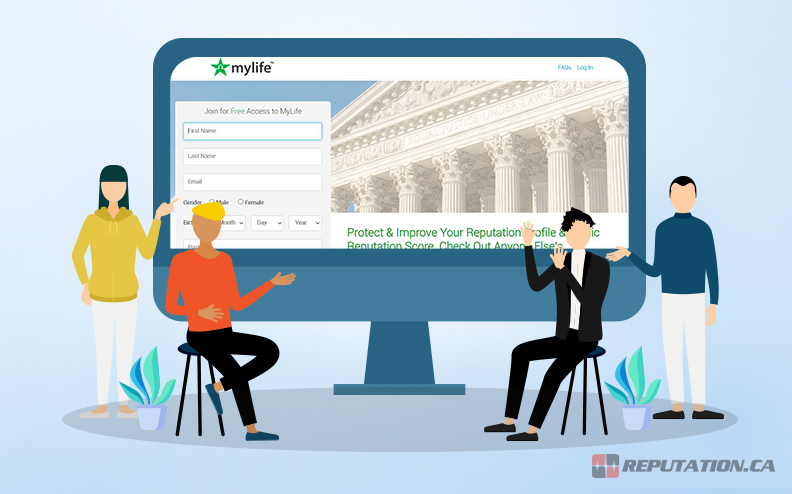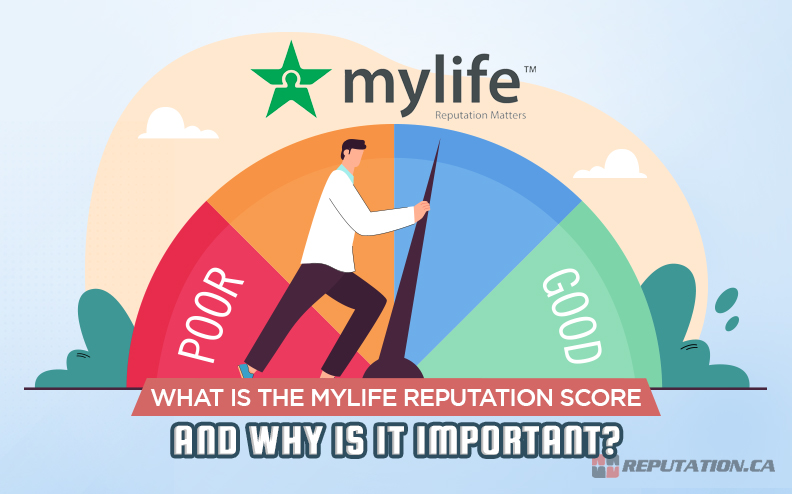Modern business and interaction are largely predicated on how the people around us perceive us. Our reputation is one of the most precious resources in modern society and also serves as an interesting paradox. Our reputations are extremely difficult to build but are very easily destroyed by those who use them to measure our worth. The commentary of others can degrade our reputation, which is why its upkeep is one of the most difficult tasks facing modern businesses.
A series of bad reviews on a product or even a poorly phrased comment online can devastate our reputation and leave us in a compromised position. The management of reputation has been made even more complicated by certain websites.
Due to the importance placed on reputation by potential customers, employers, and associates, several tools have risen to help verify reputations easier. While it might seem unlikely that a website can effectively track our reputations, a few do a good job. These websites that can effectively track our reputations should be taken seriously and monitored carefully.
One website capable of affecting our reputation is MyLife, which provides a way for the general population to access our reputation and make judgments based on that information. However, you might be unfamiliar with MyLife and its significance to reputation management.
What is MyLife?
You might not have heard of MyLife before, but the website’s existence goes back decades. MyLife is an American brokerage firm specializing in compiling personal records and data to assign people and businesses a score that others can use to gauge them. The original website that would become MyLife was known as Reunion and was founded by Jeffrey Tinsley. Tinsley presents himself as an entrepreneur specializing in web-based businesses. In 2002, Tinsley launched the original Reunion website as a social website to provide information on people and companies for public consumption.
Five years after the initial launch, in 2007, MyLife received $25,000,000.00 in venture funding from Oak Investment Partners, and in 2008 Reunion merged with the search engine known as Wink. After the merge, Reunion was rebranded as MyLife and had an estimated value of $52,000,000.00, exceeding Oak’s initial wave of funding. A year later, in 2009, MyLife acquired several smaller companies and began a partnership with Ancestry. Since then, MyLife has remained a highly effective social networking website though it has faced some controversy.

MyLife provides its users with phone numbers, political leanings, employers, and other information about others. Through this information, MyLife’s subscribers can review the individuals they look up and leave reviews. These reviews help MyLife calculate the scores it assigns to the subjects listed on its domain. We will discuss the scoring system employed by MyLife in depth momentarily, but it is the input of others that drives it. Currently, MyLife remains an operational website though it has lost much of its original following. We will discuss that a little later.
What is the MyLife Reputation Score?
While MyLife primarily provides information about certain individuals and businesses, what it shares allows it to provide a reputation score. These scores are determined by compiling the reviews left by its subscribed users to gauge the public opinion of that person or company. People can leave favorable or unfavorable reviews based on their perspective of the one they are reviewing.
While such reviews are generally fairly detailed depending on what the reviewer has to say, MyLife simplifies the compiled reviews into a scoring system. These scores range from 0 to 5, and each person listed on the website is assigned a value based on the aggregate of the reviews.

The scores and their meanings can be broken down into 3 groups:
- 0-1: Any scores between the values of 0 and 1 are red scores and are considered bad. A score of 0 is the absolute worst, while a score of 1 is just below average.
- 2-3: Any scores between the values of 2 and 3 are yellow and considered average scores.
- 4-5: Any scores between the values of 4 and 5 are green and considered excellent.
Through these scores, unsubscribed users can get a general idea about the reputation of the person they are researching. Unfortunately, the issue with unsubscribed users accessing the scores means they cannot access the information used to produce that score. This minimizes the context surrounding the score and makes it harder for them to understand why the score exists as it does. The only way for a user to access the details is to pay for the results or finance a subscription for unlimited access to any search results they acquire.
MyLife offers tools users can use to try and enhance their reputation score, though such tools are not available to casual users. They are locked behind the subscription service, like the reputation score details. While the scoring system employed by MyLife is fairly straightforward, if difficult to access fully, its importance might not be clear. Unfortunately, that importance is not necessarily the good kind.
Why Are MyLife Scores Important?
Even though the details of MyLife scores are locked behind a subscription model, the scores have significance to modern reputations. More and more people have begun to use reviews and scores to determine whether a business is reliable or if a person is deserving of their confidence. Whenever a controversy arises about someone or something, people quickly turn away from and shame that entity. While most people use reviews or social media presence to gauge the reliability of other groups, those who casually employ MyLife are met with a harsh scoring system.
While some might have access to the premium services and full reports MyLife offers, those without those features rely entirely on the score presented by MyLife. Those scores indicate the reliability and quality of the subject they looked up. Even if your MyLife score is low due to a misunderstanding, they will only see the number and the font color. This function can cause casual users to judge you based solely on the score without any background information. This knee-jerk response can cause severe reputational damage that is difficult to undo.

The longer a poor MyLife score goes unaddressed, the more people will be able to see it and render judgment based on that score. Over time, you might find the people willing to associate with you decreases in proportion to the longevity of your MyLife score. Even if your score is high, knowing what information MyLife is accessing and providing to its users is important. Otherwise, the general public might be able to locate you or access private information that must remain confidential for your safety. The only remaining question is how to remove your information from MyLife’s domain.
How to Remove Information From MyLife
Like most information brokerage websites, MyLife can be petitioned to remove your information from their website. While MyLife does not always honor the request, they will still have to consider it and act on it if they are actively harming you. Unfortunately, MyLife also has one of the most difficult processes for information removal on the internet.
Nevertheless, there are steps you can take to file your request for information removal on MyLife’s domain. To file a removal request, you must first make an account on MyLife. Remember that you do not have to create a paid account and can use the lower-tier free account instead.
To create an account with MyLife, you will need to enter the following information:
- First Name
- Last Name
- E-Mail Address
- Gender
- Maiden Name (If Applicable)
- Date of Birth
While MyLife does request your first and last name, you can successfully create the account under an alias if you want to preserve your privacy. Though, using an alias might interfere with your ability to request the removal of your information. Once your account is established, you will need to use MyLife’s internal search function to look yourself up and identify your profile. Once you have located your profile, you must copy the URL from your web browser’s search bar. From there, you will need to access your e-mail and compose a new e-mail.

You will send the e-mail to privacy@mylife.com, and the content will be your request to remove your information from MyLife’s domain. You will also need to paste the URL to your profile in the e-mail so the MyLife staff can locate and remove the information should they honor the opt-out request.
Once the e-mail is sent, you will need to wait a few minutes for the automated system to analyze and reply to your e-mail. The automated response will inform you that MyLife has received your request and will fulfill it within 7 to 10 business days. While the e-mail might claim your request is fulfilled, there have been instances where MyLife has refused to honor the opt-out request.
If your life is endangered by the presence of personal information on MyLife’s domain and they refuse to honor your opt-out request, you might need to go a step further. You might have to send an e-mail specifying the danger your profile on MyLife is putting you in to compel the website to remove your data permanently. This request will require you to explain the exact nature of the danger but will likely force MyLife to honor the request without issue.
MyLife Controversy
While MyLife is meant to provide its users with insight into the reputation of the people being researched, the website does not have the cleanest reputation. MyLife has been involved in multiple legal battles over misconduct-related issues. These legal battles have led to serious ramifications for MyLife’s reputation and have drastically affected its business. One of the earliest claims against MyLife occurred in 2011 when the website was accused of false advertisement and solicitation. The courts ultimately dismissed the lawsuit against MyLife, but MyLife was involved in a class-action lawsuit due to this behavior.
Further legal troubles affected MyLife in 2015 when it was revealed the website was tricking users into providing personally identifiable information and money. This case resulted in a guilty verdict and a permanent injunction against the website prohibiting false advertisement and unauthorized credit card transactions.

The most recent controversy surrounding MyLife was 2 years ago, in July 2020. The Federal Trade Commission filed a lawsuit against MyLife for violating the Fair Credit Reporting Act (FCRA) by employing deceptive billing practices and deceptive promotions through “teaser background reports.” These reports also falsely flagged certain profiles as having criminal records to draw in consumers.
Because of these controversies, MyLife has no accreditation and a C- score with the Better Business Bureau (BBB). This means that having your information on MyLife’s domain puts you at risk of their deceptive practices damaging your image with false information.
Take Your Reputation Back!
People created MyLife and similar websites to provide information about people and businesses so others could remain informed of their misdeeds. Unfortunately, MyLife is an example of a website with dangerous and predatory business practices that can severely damage your reputation with information that is not true.
While MyLife might not necessarily be lying on your profile, having a ranking on their website could cause certain people to misattribute a poor reputation to you. This reputational damage makes managing your presence on MyLife and similar websites so important. That said, it can be difficult to protect your reputation on a platform as massive as the internet. Fortunately, you do not have to do it alone.

We at Reputation specialize in helping individuals and companies preserve and market their reputations in a complicated environment. Our services include social media and review management but also extend to removing your private information from 3rd party websites like MyLife. By designating us as your representative, we can issue takedown requests on your behalf and ensure the websites do not harm your image further. Rather than allow underhanded websites like MyLife to control your reputation, contact us today and take your reputation back!
If you ever have any questions related to your personal reputation or your business’ reputation, please don’t hesitate to reach out for assistance. We would be more than happy to answer your questions and assist you with your reputation-related needs.







